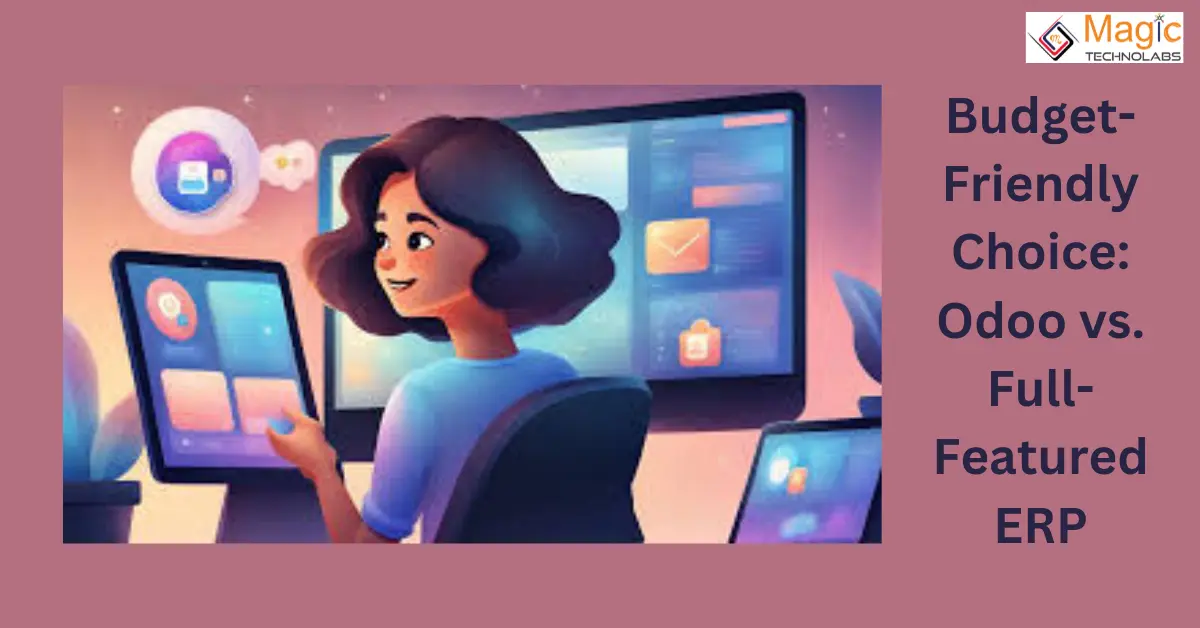Every business aspires to streamline operations and boost efficiency. Enter Enterprise Resource Planning (ERP) software – a powerhouse tool for managing everything from inventory and accounting to customer relationships. But for many businesses, traditional ERP solutions can feel like a luxury car with a budget-busting price tag.
That's where Odoo enters the scene. Odoo is a unique open-source ERP platform offering a compelling alternative: a modular system with free core features and a range of paid applications catering to specific needs.
Odoo: The Free and Flexible Option
The core functionality of Odoo provides a solid foundation for several key business areas. Inventory management, accounting, project management, customer relationship management (CRM), and even website building are all included in the free version. This makes Odoo an attractive choice for startups and small businesses with limited budgets. Additionally, Odoo boasts a user-friendly interface and is relatively easy to set up, minimizing the need for extensive IT resources.
However, it's important to be aware of Odoo's limitations. While the free features provide a good starting point, they may lack the depth and advanced functionalities found in full-featured ERP systems. This can be a challenge for businesses with complex operations or those experiencing rapid growth. Imagine trying to navigate a busy highway in a small, fuel-efficient car – it might work initially, but may not be suitable for long journeys.
Full-Featured ERPs: Powerhouse Solutions
Traditional ERP solutions, like SAP or Oracle, are the behemoths of the ERP world. These systems offer a comprehensive suite of features for every aspect of a business. From advanced reporting and analytics to robust security features, full-featured ERPs are highly customizable and scalable, allowing them to adapt to an organization's specific needs. They're like luxury SUVs – powerful and versatile, but with a price tag to match.
Choosing the Right Fit: Odoo vs. Full-Featured ERP
So, which option is right for your business? Here's a quick breakdown to help you decide:
Budget: Odoo is the clear winner for cost-conscious businesses. Its free core features and modular pricing offer a way to manage key operations without breaking the bank.
Scalability: If you anticipate rapid growth or have complex needs, a full-featured ERP may be a better long-term investment. These systems can scale and adapt to your evolving business requirements.
Technical Expertise: Consider your IT resources. Odoo's user-friendly interface is easier to manage in-house, while full-featured ERPs often require specialized expertise for setup and ongoing maintenance.
















